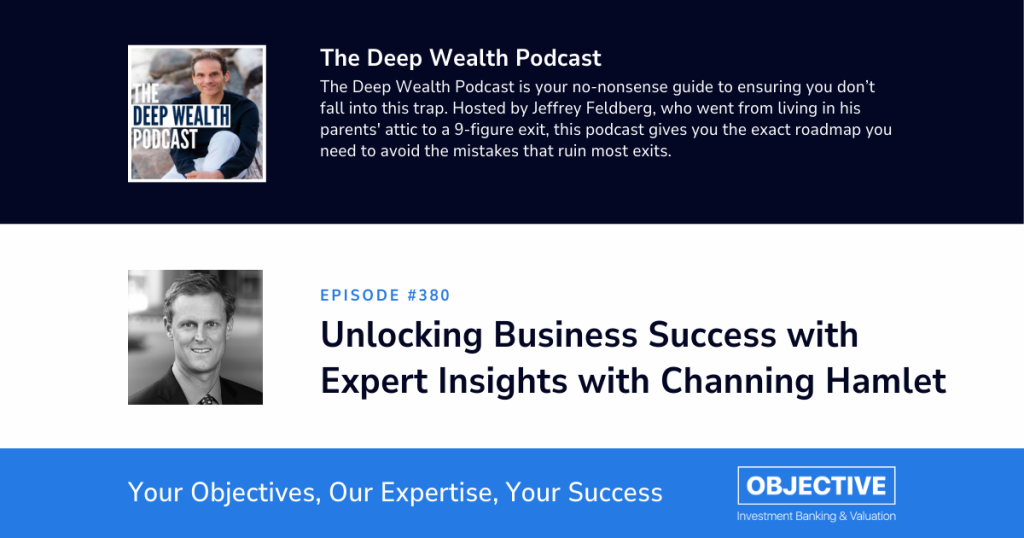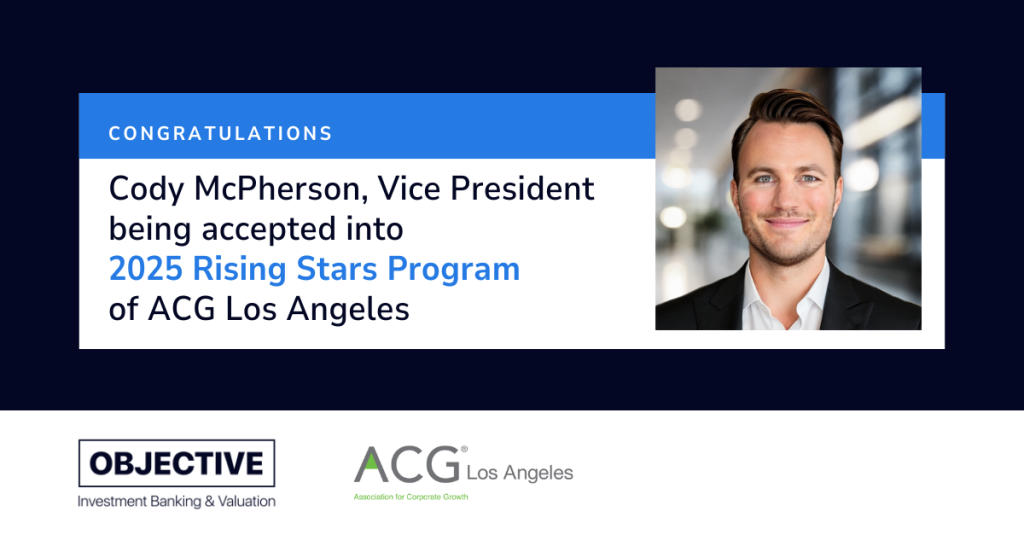The journey of a successful business sale is akin to navigating a complex maze; a process requiring a clear understanding of critical value drivers and a keen eye on post-acquisition economics. These components work together like cogs in a machine, powering the acquisition engine toward a fruitful outcome.
Industry and Market Cycle
The value of a business is heavily influenced by the industry of the business and the current stage of the market cycle. Understanding the stage of the industry cycle can provide insights into potential growth opportunities or threats, with businesses in expanding industries often commanding higher value.
Management Team
A strong and competent management team is another significant value driver. However, equally as important as the management team’s experience, skills, and leadership qualities is the creation of a succession plan post-sale and the commitment of the management team to that plan. The ability for an acquirer to understand which members of the management team will remain with the company and in what capacity after sale can significantly influence a company’s strategic direction, operational efficiency, and ultimately, its market value.
Intellectual Property
Intellectual property (IP) can be more prevalent in certain industries like technology or manufacturing & distribution. Regardless of industry, IP, including patents, trademarks, copyrights, and trade secrets, can significantly impact a business’s value. These exclusive rights often provide a competitive edge and create barriers for competitors, leading to potentially higher market value.
Desired Business Metrics (for Your Industry)
Industry-specific business metrics also have a considerable impact on value. These could include customer churn rates in the SaaS industry or same-store sales growth in the retail sector. Understanding and optimizing these industry-specific metrics can significantly enhance business value.
Revenue and EBITDA
Revenue and EBITDA (Earnings Before Interest, Taxes, Depreciation, and Amortization) are crucial financial indicators of a business’s performance. They reflect the company’s profitability and cash flow generation capacity, essential factors in determining its market value.
Demonstration of Operating Leverage with Growth
A company’s ability to demonstrate operating leverage – increasing revenue without a proportionate increase in operating costs – signals efficient business operations. This scalability is often attractive to potential acquirers, potentially enhancing business value.
Other Considerations
Other factors, such as growth rates, margins, proof of concept, and risks, also play a significant role in business valuation. These elements provide a more comprehensive picture of the business’s current standing and future prospects, affecting its overall market value.
Predictability of Business / Recurring and Predictable Revenue Streams
The predictability of a business’s revenue streams is a key indicator of its financial stability, which is of great importance to potential acquirers. Companies with recurring and predictable revenue are often perceived as less risky, leading to higher valuation multiples.
Recurring Revenue / Consistent Delivery
Similarly, a business’s ability to generate recurring revenue and consistently deliver products or services to its customers also impacts financial stability and predictability. This consistency often indicates a strong customer base and reliable income streams.
Standard Sales Process with Clear Client Acquisition Metrics
A standardized sales process with clear client acquisition metrics demonstrates a business’s ability to attract and retain customers efficiently. This type of efficiency can significantly impact a business’s profitability and, consequently, its market value.
Clear Differentiation from Competition
The ability to clearly differentiate from competition is another powerful value driver. This differentiation could be due to superior products, excellent customer service, a loyal community of customers, or a unique business model, all contributing to why customers prefer the business over its competitors and giving acquirers justification for a premium purchase price.
Barriers to Entry
Lastly, the existence of barriers to entry, such as high startup costs or regulatory requirements, can enhance a business’s value by protecting it from new competition. These barriers create a secure market space for the business, often leading to higher market values.
Understanding these common value drivers sets the stage for a successful business acquisition. However, they are only one part of the equation. In the next section, we will delve into the often less-tread path of post-acquisition economics.
While understanding the common value drivers lays the foundation for evaluating a business’s worth and potential, the acquisition journey doesn’t end at the point of transaction. It’s equally crucial to shift our lens towards the horizon of post-acquisition economics.
Disclosure
The above testimonials may not be representative of the experience of other customers and past performance is not a guarantee of future performance or success.
This news release is for informational purposes only and does not constitute an offer, invitation or recommendation to buy, sell, subscribe for or issue any securities. While the information provided herein is believed to be accurate and reliable, Objective Capital Partners and BA Securities, LLC make no representations or warranties, expressed or implied, as to the accuracy or completeness of such information. All information contained herein is preliminary, limited and subject to completion, correction or amendment. It should not be construed as investment, legal, or tax advice and may not be reproduced or distributed to any person. Securities and investment banking services are offered through BA Securities, LLC Member FINRA, SIPC. Principals of Objective Capital are Registered Representatives of BA Securities. Objective Capital Partners and BA Securities are separate and unaffiliated entities.









